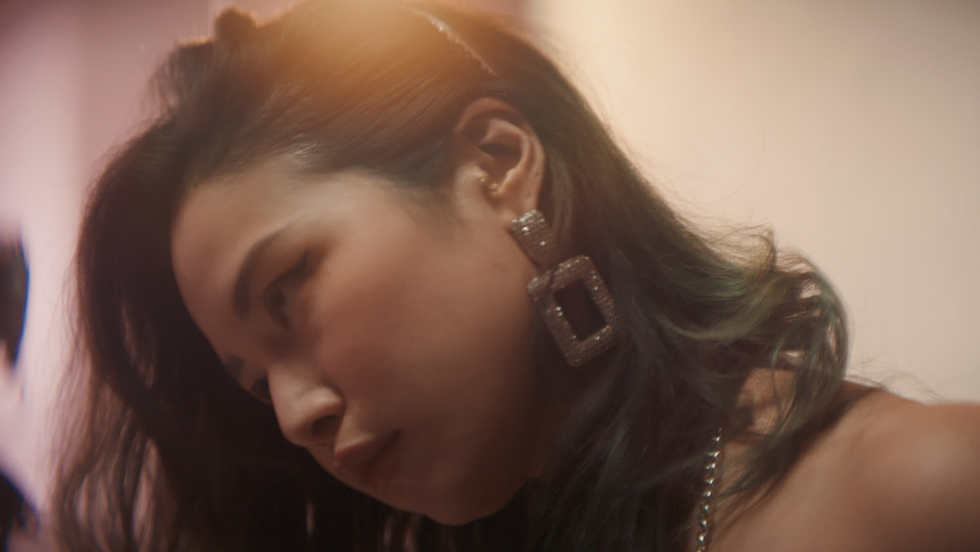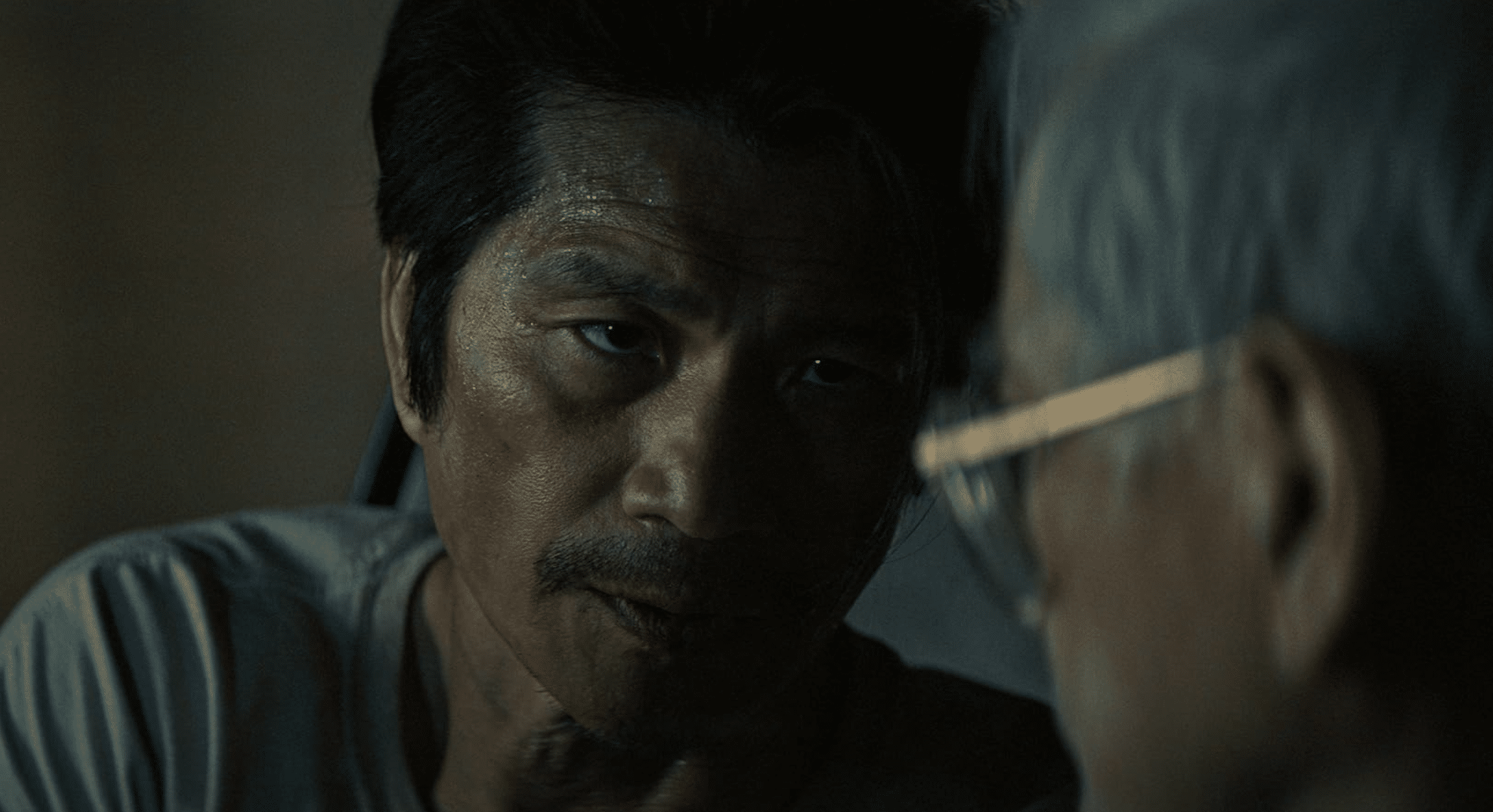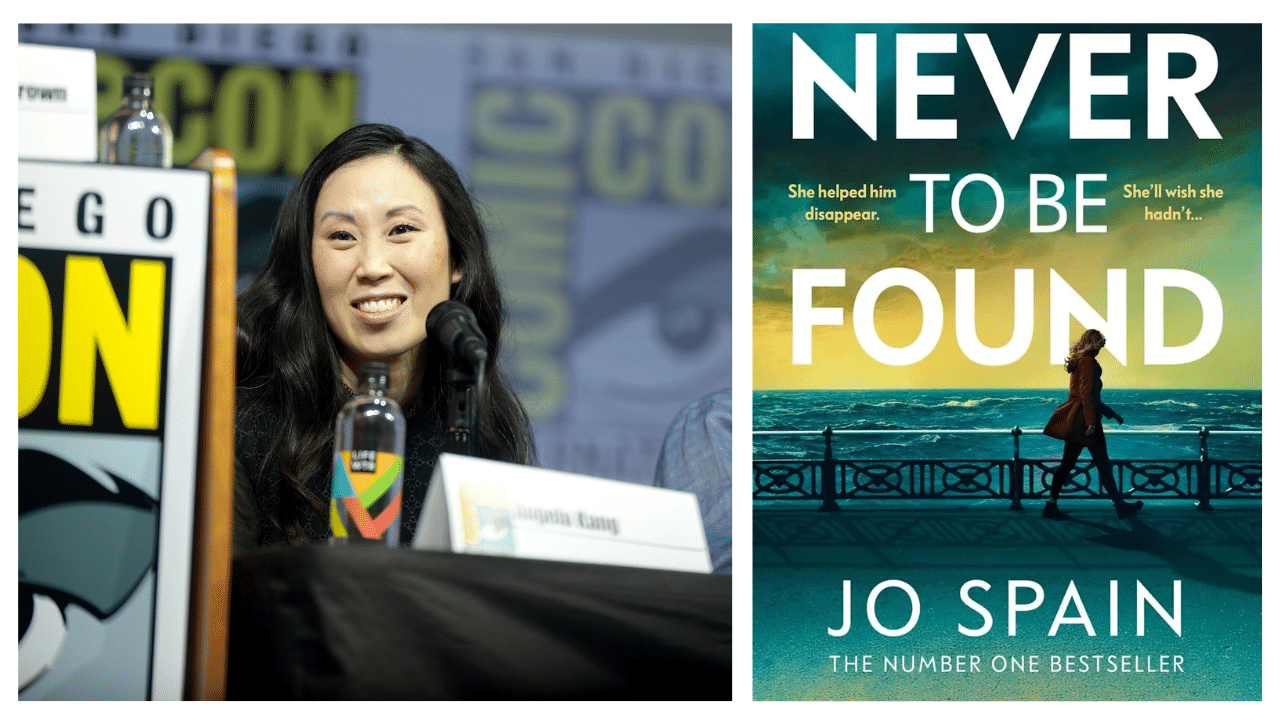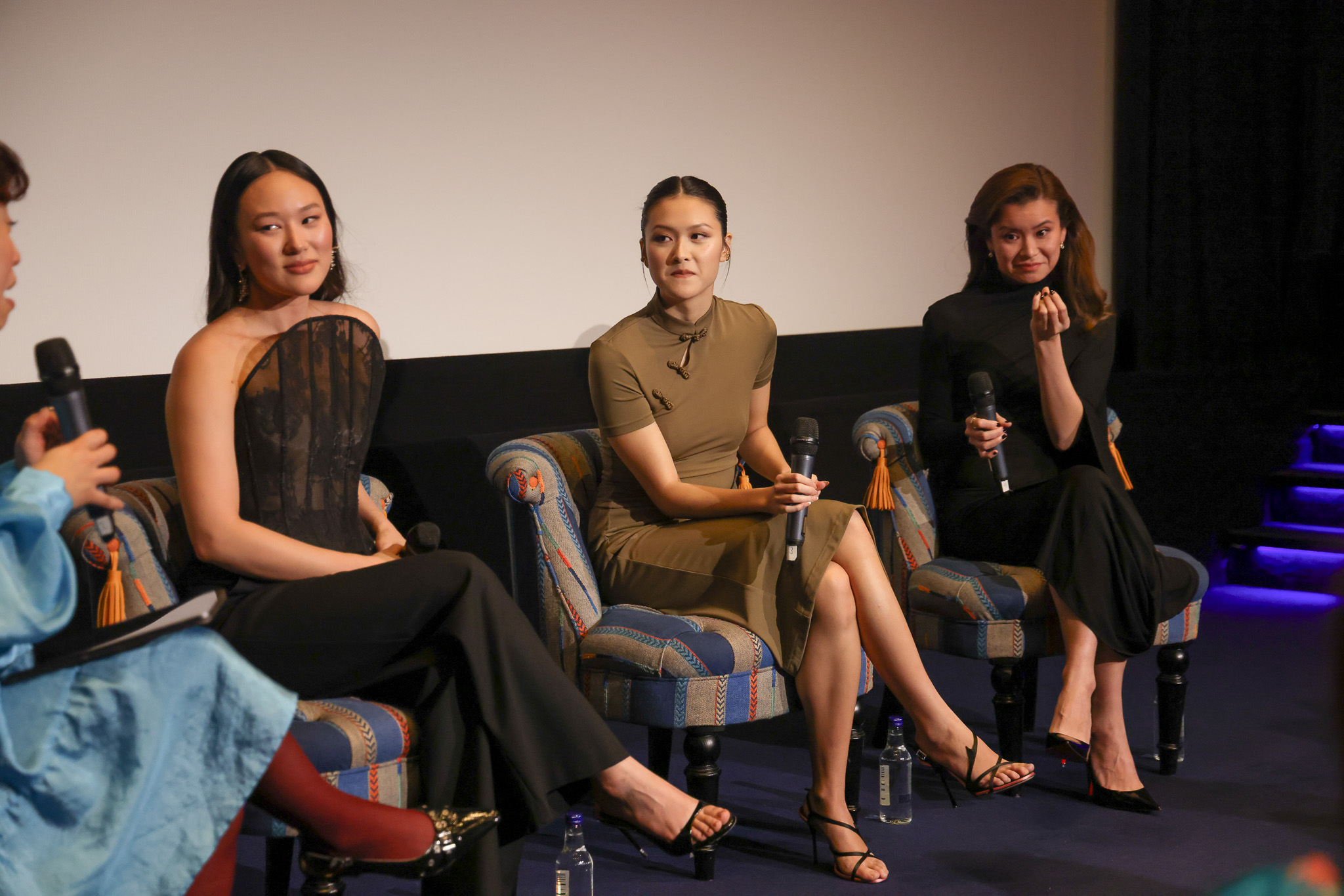Elizabeth Ai’s documentary, New Wave, does more than just chronicle a vibrant musical era; it opens a seldom-seen window into the Vietnamese American experience. This film, which started as a look at 1980s synth-pop, became a deeply personal quest, showing how music and self-discovery help heal the quiet wounds of displacement and intergenerational understanding. It is a striking entry into contemporary American cinema.
At first glance, New Wave seems like a typical music documentary. It shines a light on the Eurodisco and synth-pop sounds that captivated Vietnamese American teenagers in the 1980s. But as you watch, it becomes clear this music was much more than just a soundtrack for rebellious youth. Elizabeth Ai’s film shows how these “fun and fluffy” tunes served as a kind of “armor” for a generation processing unspoken trauma.
Ai wanted to make a film that was “joyful and celebratory,” one “where we can laugh, dance, and celebrate without rehashing painful memories.” Many films about the Vietnam War, often made by Western filmmakers, have focused on violence and tragedy, leaving Vietnamese perspectives in the background. New Wave deliberately steps away from this, offering a different picture. It shows how young Vietnamese Americans, seeking a “third culture” that was neither fully American nor strictly Vietnamese, found solace and a way to look toward the future through new sounds. The deliberate choice to embrace music that didn’t “rehash painful memories” speaks volumes about a community trying to move forward.
Beyond War: A New Look at Vietnamese American Lives
The film significantly broadens how we see the Vietnamese American community on screen. It moves past the usual focus on war trauma, instead portraying a lively subculture defined by “mile-high hair, synthesized sounds.” This generation found a unique identity, separate from their parents’ refugee stories.
Ai emphasizes this goal. She told me in an interview, “I want more for us. And the only way that will happen is if we lead our own projects. If we don’t tell our stories, someone else will, and it won’t be accurate.” This film is a clear example of that. It portrays resilience and joy, showing how young people built new lives in a new land, creating their own spaces for expression and belonging. It is a refreshing view, contributing to a growing movement of films that tell Vietnamese diaspora experiences on their own terms.
One of the most powerful aspects of New Wave is Elizabeth Ai’s decision to weave her own personal history into the film. What began as an objective look at a music scene transforms into a deeply moving exploration of her own family’s silent burdens and her path to understanding. She admits to being “ashamed of” her estrangement from her family, but the film makes that vulnerability a core strength.
The turning point for Ai came unexpectedly, not from research, but from a simple question from her three-and-a-half-year-old daughter: “Where is your mama? Where’s your papa?” This question, which she had “never explained to anyone,” forced her to confront her own past. Ai explained, “That moment made me reconsider everything I had cut from the film—details about trauma, fleeing, being separated from family.” The film, she says, “changed the entire film. We scrapped the original version and restructured it completely.”
This personal openness is what gives the documentary its emotional weight. It becomes a reflection on her relationship with her mother, acknowledging the “scars that we still carry and aren’t discussed very much.” Ai’s journey, and the healing it brings, becomes a universal reflection on the often unspoken struggles within families, especially those touched by displacement.
While New Wave centers on the Vietnamese American experience, its themes extend far beyond. It speaks to anyone who has “experienced displacement or struggled with belonging.” The film shows how the impact of leaving one’s homeland “ripples through generations.”
The film explores the quiet difficulties of intergenerational communication. Ai spoke about this, saying her family was “conditioned not to dwell on the past. To survive, you learn not to linger on painful memories.” This common immigrant experience of parents and children holding onto different memories, or no memories at all, makes the film broadly relatable.
It shows how difficult it can be for families to discuss their feelings openly, a struggle Ai believes is “a broader societal problem,” not just a Vietnamese or Asian one. By sharing her own story of reconciliation with her mother, despite the persistence of grief, Ai offers a template for understanding and healing within any family facing similar unspoken histories.
Verdict
New Wave is a fantastic film, full of heart and honest emotion. It gets to the core of what it means to heal from the past and find your place in the world. The way it blends music, history, and a very personal story is truly compelling. It is a film that makes you think deeply about your own connections to family and history, no matter where you come from.
This is a must-see for a wide audience. While it offers a unique look at the Vietnamese American experience, its themes of identity, belonging, and intergenerational communication are universal. All Asian Americans, and indeed anyone interested in rich human stories, will find something important here. The film deserves a general release so that its powerful message can reach as many people as possible. It is a reminder that stories about everyday lives, with all their complexities and quiet struggles, are just as important as the big headlines. Ai is showing us that “humanization is the goal. Not just to say, ‘Hey, we exist,’ but to show that there’s more to us than trauma and wealth. Our lives are so much more expansive than that.”









